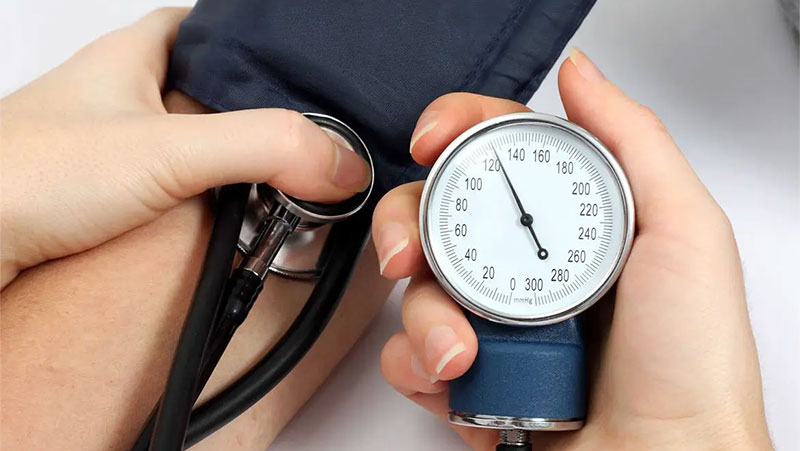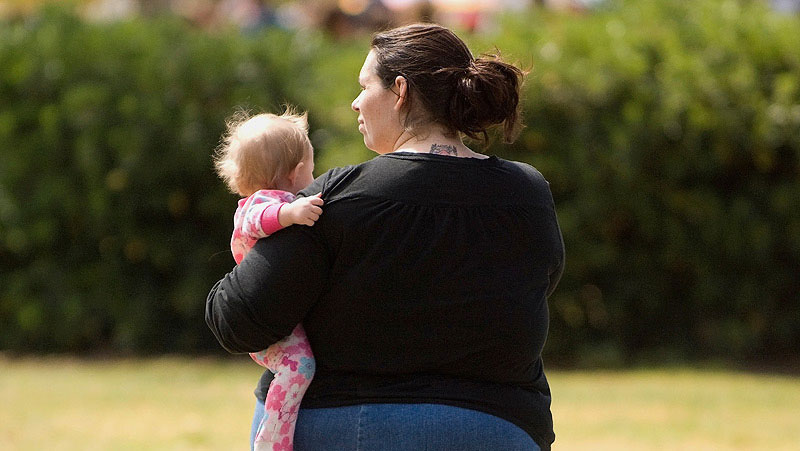Almost every 1 in 25 pregnant women has to deal with Pre-eclampsia, also known as Toxemia. It normally starts in the second trimester and continues till you deliver your baby.
However, pregnant woman with such conditions might often have to deal with high blood pressure and increasing levels of protein in their urine that highly affects different parts of the body. However, if not taken proper care, this can cause serious problems for both the mother and the child.
Sometimes, this condition can also develop after the baby is born, i.e., postpartum pre-eclampsia. However, it is still important to get yourself treated even after you have delivered your baby safely.
Signs and Symptoms
Toxemia or pre-eclampsia usually occurs due to high blood pressure and problems related to kidneys or other organs. Sometimes, you might not feel any difference between the symptoms of pre-eclampsia and regular pregnancy. However, the first signs might be visible only during your prenatal check-ups.
Besides high blood pressure, this condition can also show the following signs and symptoms—
- Lower level of blood platelets.
- High blood pressure (160/110 mmHg or higher)
- Higher protein levels in your urine (proteinuria)/Less urinating
- Really bad headaches.
- Liver problems/increased liver enzymes.
- Having blurry or temporary loss of vision, or being sensitive to light.
- Breathing issues because of extra fluid in your lungs.
- Pain in the upper abdomen, usually on the right side, under the ribs.
- Feeling sick to your stomach and throwing up.
What Causes Toxemia/Preeclampsia?

Medical professionals are still working on finding out the exact cause behind the condition. However, experts believe that toxemia happens because of problems related to the placenta which helps the baby to breathe and develop inside a woman's uterus during pregnancy.
In a condition like this, the placenta may not receive enough blood, causing problems for both the mother and the child. Even though stress is equally responsible for fluctuating blood pressure, it is not the main cause of pre-eclampsia.
Will I Get Pre-Eclampsia If I Am Pregnant?
Women expecting for the first time have a higher chance of being affected by pre-eclampsia but it doesn't happen to every pregnant woman. Doctors aren't entirely sure why some women get it, but professionals believe certain factors might be the reason, such as—
- Record of high blood pressure, kidney problems, or diabetes.
- Family history of pre-eclampsia.
- Expecting twins, triplets, etc.
- Having autoimmune conditions like lupus.
- Gaining weight during pregnancy
- Age 35 or older
Complications to Be Aware Of!
No matter what name you give it, pre-eclampsia or toxemia, this serious condition can badly affect your baby's growth. This is one of the major reasons why women have to go through preterm labor leading to problems like cerebral palsy, epilepsy, learning disabilities, and issues with hearing and vision with the child.
There are also rare but serious complications of toxemia, including:
- Cardiovascular Disease: Having pre-eclampsia may increase the chances of having heart and blood vessels related issues in the future.
- Eclampsia: This is when you have seizures due to the condition or go into a coma, sadly it can happen without any warning signs.
- Fetal Growth Restriction: The condition highly affects the blood flowing to the placenta, which can mean your baby doesn't get enough blood, oxygen, or nutrients.
- Preterm Birth: Pre-eclampsia might sometimes lead to preterm labor where the baby is born too early (before 37 weeks), and might have trouble breathing and feeding.
Diagnosis and Treatment
Your doctor usually discovers pre-eclampsia during prenatal check-ups. However, to become extremely sure about it, your doctor might ask you for the following—
- Blood tests, to check how well your kidneys and liver are working.
- Ask you to collect urine for 24 hours to check the level of protein content.
- Conduct an ultrasound to check the baby's growth and the amount of fluid around them.
The only way to get rid of pre-eclampsia and have a healthy baby is to get it delivered. If your baby has grown enough, usually by 37 weeks or later, your medical team of professionals might suggest going for a C-section. This helps stop it from getting worse.
If your baby is not yet ready for delivery, your doctor might suggest ways to handle pre-eclampsia until your baby is ready to be safely born. The closer it is to your due date, the better it is for your baby.
If you have mild pre-eclampsia, your doctor might suggest:
- To take rest, mostly by lying on your left side. Using a pregnancy pillow helps a pregnant woman to sleep better.
- Keep an eye on your baby's heartbeat with regular ultrasounds.
- Taking medicines to lower your blood pressure.
- Doing blood and urine tests.
If the condition is serious, you might need to stay in medical care, where your professionals can:
- Help you with medicine to prevent seizures, lower your blood pressure, and avoid other problems.
- Provide you with steroid shots to help your baby's lungs grow faster.
Other treatments may include:
- Shots of magnesium to prevent seizures.
- Hydralazine or another drug to manage your blood pressure.
Prevention is Better than Cure!
- Losing weight if you're overweight.
- Quitting smoking.
- Regular exercise.
- Keeping your blood pressure or blood sugar in check.
- Take enough rest to get better sleep. Using the right pregnancy pillow might help.
ELI&ELM SPECIAL OFFER!
How Soon You Should Seek Medical Help
Do not forget to miss out on your prenatal check-ups. If you are having severe headaches and belly pain, especially on the top right, blurry vision, or facing trouble breathing, get in touch with your medical team right away.
Few symptoms like headaches, nausea, and aches, often seem to come along as soon as you get the good news, making it more difficult to differentiate between normal and serious issues, especially if it is your first baby.
Takeaway

Being a woman you go through a beautiful time when you're pregnant. However, expecting mothers must be aware of certain pregnancy complications like pre-eclampsia. If you are unsure about anything, feel free to talk to your doctor.
Regular prenatal check-ups, taking a few precautions, and understanding the difference between normal pregnancy signs and complications can help you protect your baby.





















